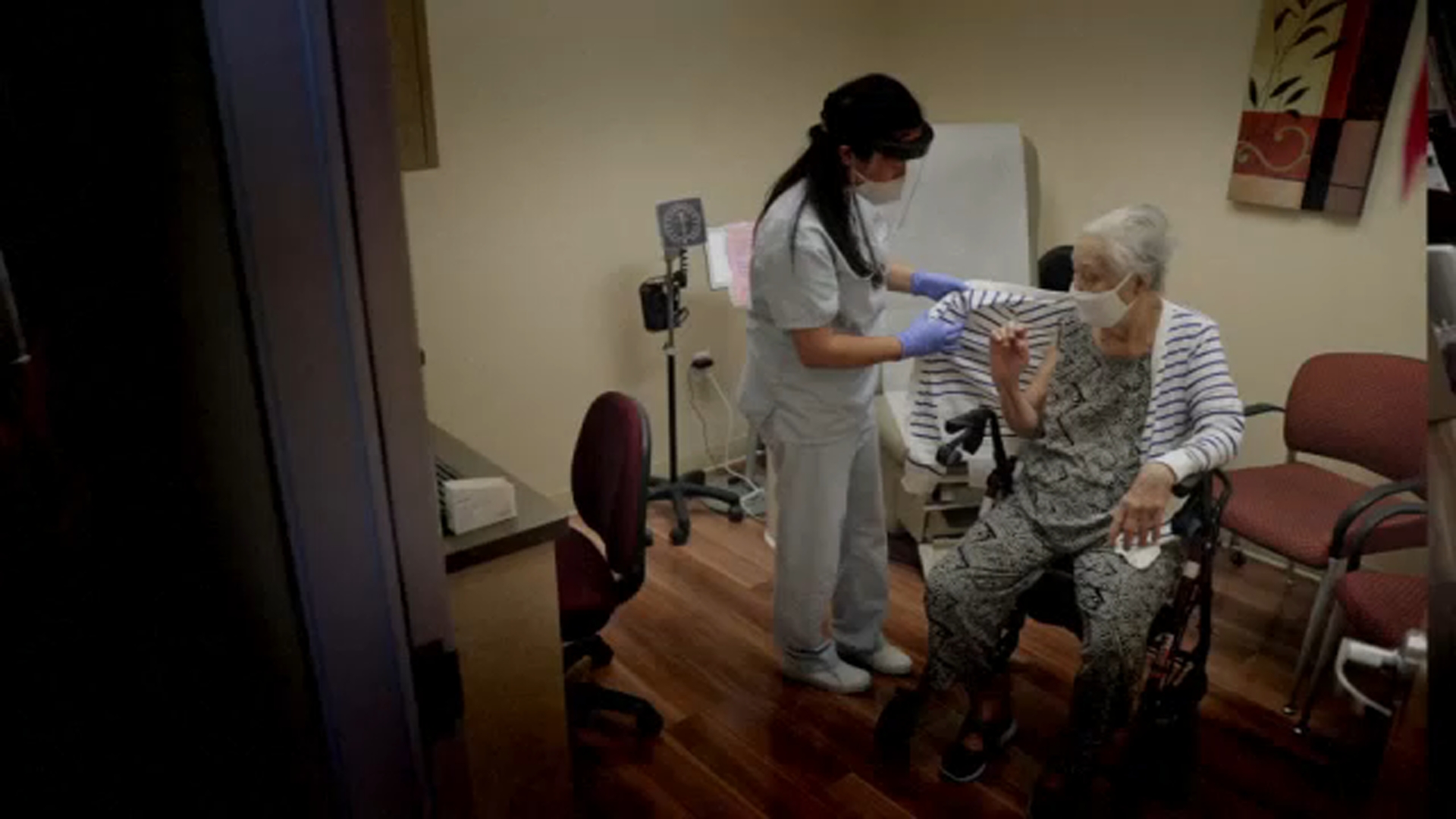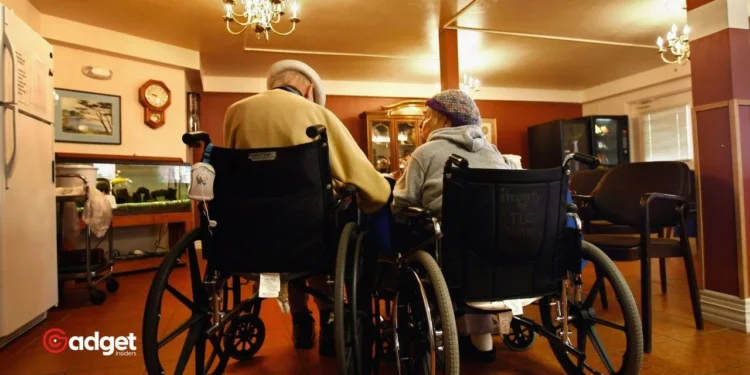In California, a significant healthcare crisis looms over millions as a seemingly minor oversight—paperwork errors—threatens to disrupt access to medical services. The recent developments surrounding the Protecting Medi-Cal Coverage for Californians Act (AB 2956), introduced by Assembly member Tasha Boerner, underscore the severity of the situation. The bill, which aims to safeguard Medicaid coverage for California residents, faced a setback as it was put on hold by the Assembly Appropriations committee.

The Devastating Impact of Procedural Snags
“It is unconscionable to think that over a million people each year are not able to get the care that they need due to something as simple as missing a single piece of paper,”
Assembly member Boerner remarked, highlighting the critical nature of this issue. The pandemic’s end brought a cessation of the U.S.’s continuous enrollment rules, which has led to a spike in disenrollments for procedural reasons such as missing deadlines or outdated addresses. This change has led to more than 1.6 million Californians losing their healthcare coverage, disproportionately affecting the Latino community.

The Legislation’s Potential and Roadblocks
AB 2956 proposes not only to prevent coverage denial for a full year after the federal unwinding period but also seeks to make renewal flexibilities permanent. Alex Beene, a financial literacy instructor, explains,
“The bill is aimed at solving what was the most prevalent problem with Medi-Cal last year, paperwork.”
He notes the complexities introduced by the pandemic, which made the renewal process confusing for many. Louise Norris, a health policy analyst, further clarifies,
“A renewal packet was sent to the person but they either didn’t receive it, didn’t understand it, or didn’t complete it for some reason,”
indicating a widespread issue where many still eligible for Medi-Cal are left without coverage.
The Human Cost of Health Insecurity
Mayra E. Alvarez, president of the Children’s Partnership and co-sponsor of the bill, emphasizes the dire consequences for children,
“Even relatively short gaps in Medi-Cal coverage can mean the difference between getting the timely early developmental intervention that growing children need and falling dangerously behind.”
The legislation’s importance is magnified in communities of color, who rely heavily on Medi-Cal and already face significant health disparities.
A Continued Fight for Healthcare Justice
Despite the setbacks, proponents of the bill remain determined. Seciah Aquino, executive director of the Latino Coalition for a Healthy California, describes the legislation as an “intentional fight for justice.” She highlights the critical condition of the Latino community’s health, exacerbated by ongoing COVID-19 challenges and socioeconomic impacts. Beene also points out the urgency for Californians to seek assistance and ensure their paperwork is correctly completed to maintain their Medi-Cal coverage.

In conclusion, as the state grapples with this bureaucratic challenge, the health and well-being of millions hang in the balance. It is a reminder of the essential role that administrative processes play in the accessibility of healthcare services and the profound impact they have on the lives of individuals and communities across California. The resolution of this issue will require not only legislative action but a concerted effort to simplify and demystify the healthcare enrollment process.










